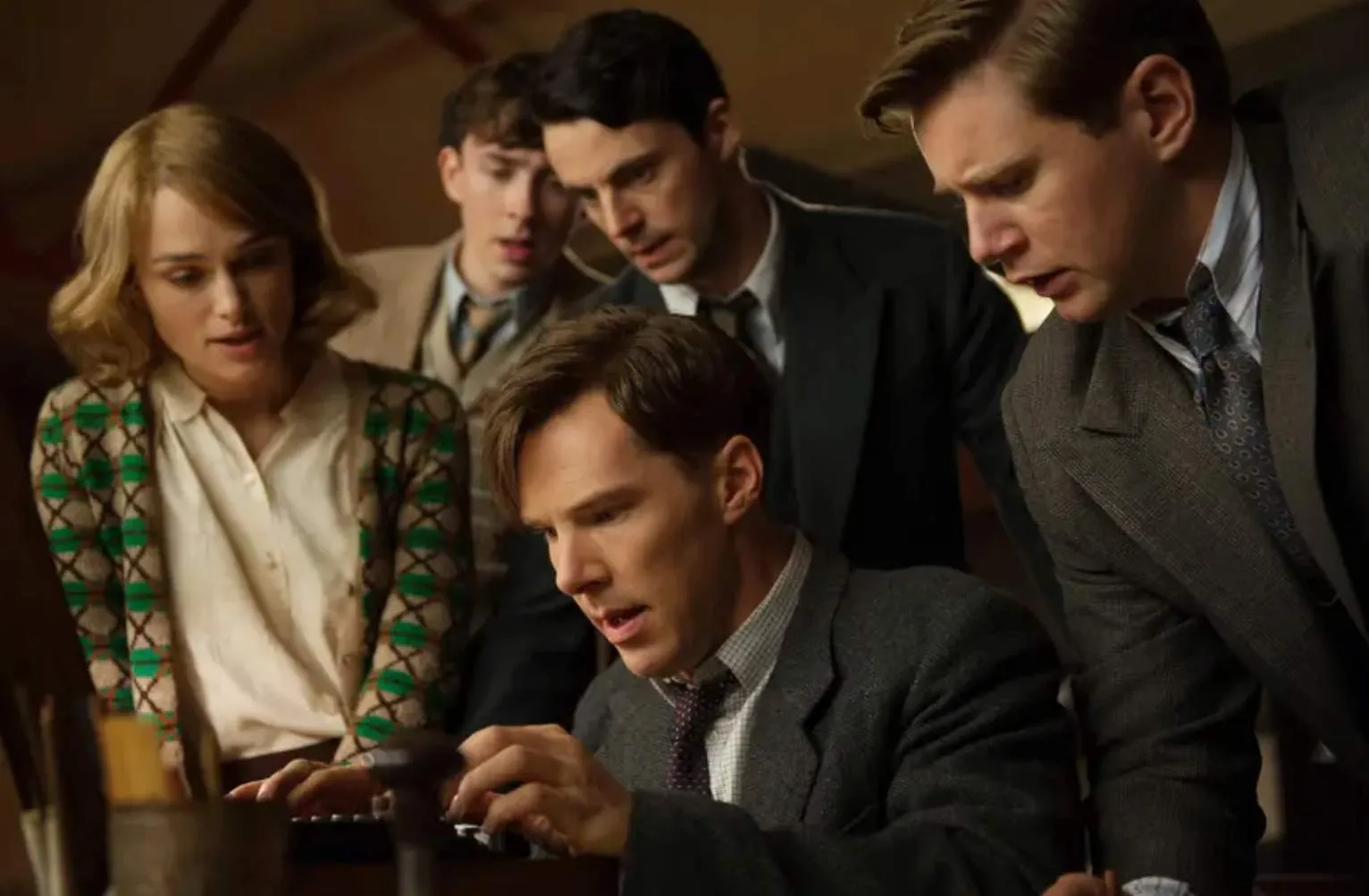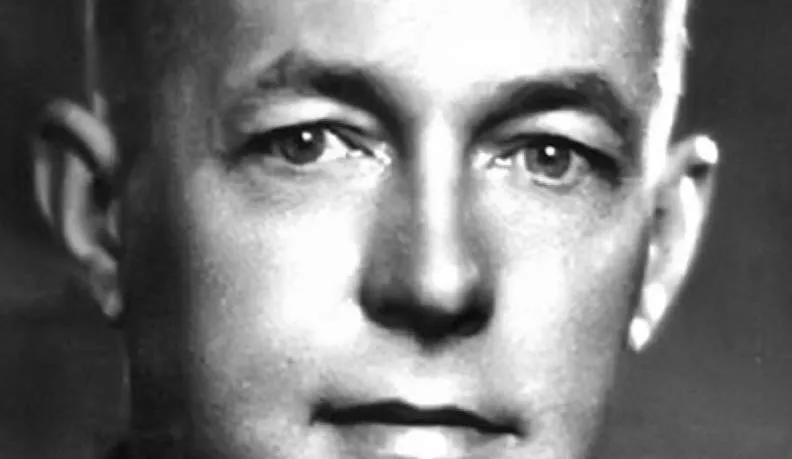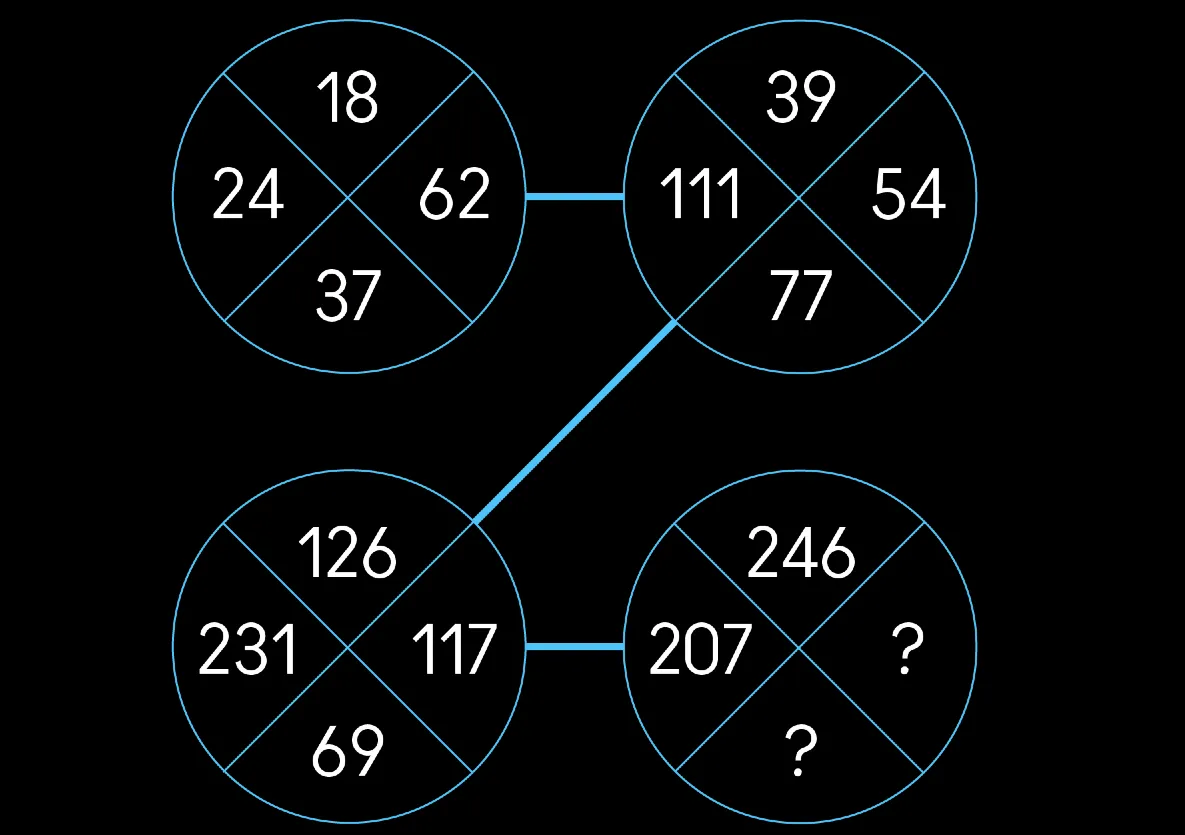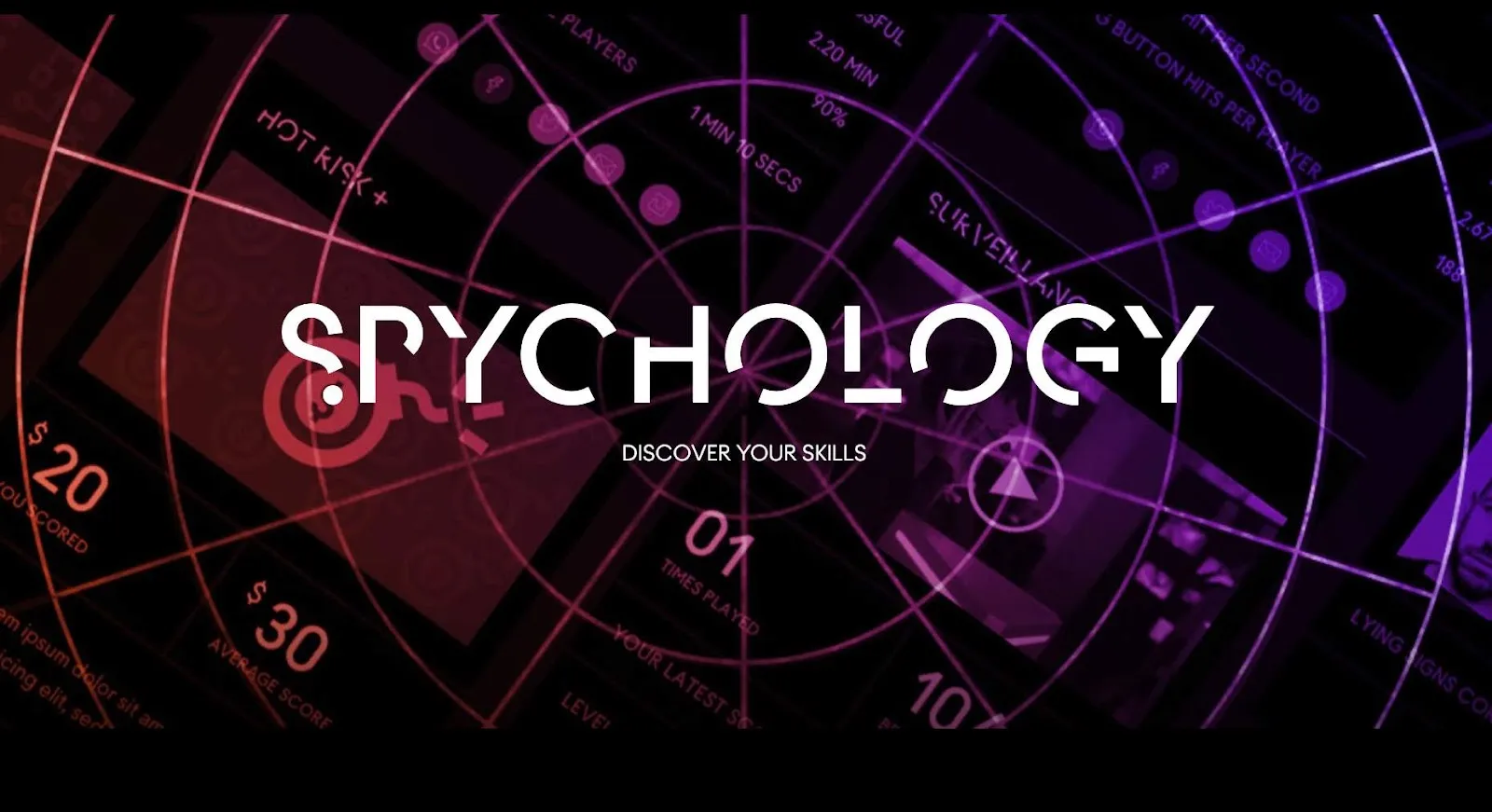Spies & Spying Personality Profiling: Cryptologists
From The Psychology of Spies and Spying by Adrian Furnham and John Taylor.
Cryptologists are highly specialized and are responsible for developing encryption methods to ensure communications and stores of data are secure and not vulnerable to hostile electronic attack.
They also analyze the crypt used by other governments and organizations with a view to breaking it.
There are many commercial companies that provide sophisticated encryption services, but larger nations have their own Cryptologists who develop their own custom-built encryption software.

Spies & Spying: Psychological profile notes on Cryptologists
Like Hackers, Cryptologists are usually very intelligent individuals with expertise in math, computer science, and physics. They need to be highly logical and good at deduction. Many love games like bridge, chess, and computer games of all sorts.
.webp)
"The brand new social experience where you activate your gaming skills as you train like a spy."
- TimeOut
Take on thrilling, high-energy espionage challenges across different game zones.

Spies & Spying: Puzzles and podcasts

They also have to be diligent, careful, and reliable. The good ones are known to be scrupulously accurate and precise in all their actions. Most, however, are rather introverted and not particularly socially skilled; but then they do not have to be; most are loners in their work and social life which is fine.

Spies & Spying: Cryptologist essentials
The three essentials for a Cryptologist are:


Spies & Spying: Real-life Cryptologists
One of the great Cryptologists was Herbert O. Yardley, an American who developed crypt at the beginning of the 20th century.
The 2010 Encyclopedic Guide to the National Security Agency provides a wealth of information on the subject.

Excerpt courtesy of The Psychology of Spies and Spying by Adrian Furnham and John Taylor.

SPYCHOLOGY
Your personalized SPYCHOLOGY profile is based on a series of challenges available exclusively at SPYSCAPE HQ and included free in the price of admission. While the complete SPYCHOLOGY experience is only available at our HQ in New York City you can try the personality element online.
SPYSCAPE+

Join now to get True Spies episodes early and ad-free every week, plus subscriber-only Debriefs and Q&As to bring you closer to your favorite spies and stories from the show. You’ll also get our exclusive series The Razumov Files and The Great James Bond Car Robbery!


Gadgets & Gifts
Explore a world of secrets together. Navigate through interactive exhibits and missions to discover your spy roles.
Your Spy Skills
We all have valuable spy skills - your mission is to discover yours. See if you have what it takes to be a secret agent, with our authentic spy skills evaluation* developed by a former Head of Training at British Intelligence. It's FREE so share & compare with friends now!
* Find more information about the scientific methods behind the evaluation here.


Stay Connected
Follow us for the latest
TIKTOK
INSTAGRAM
X
FACEBOOK
YOUTUBE